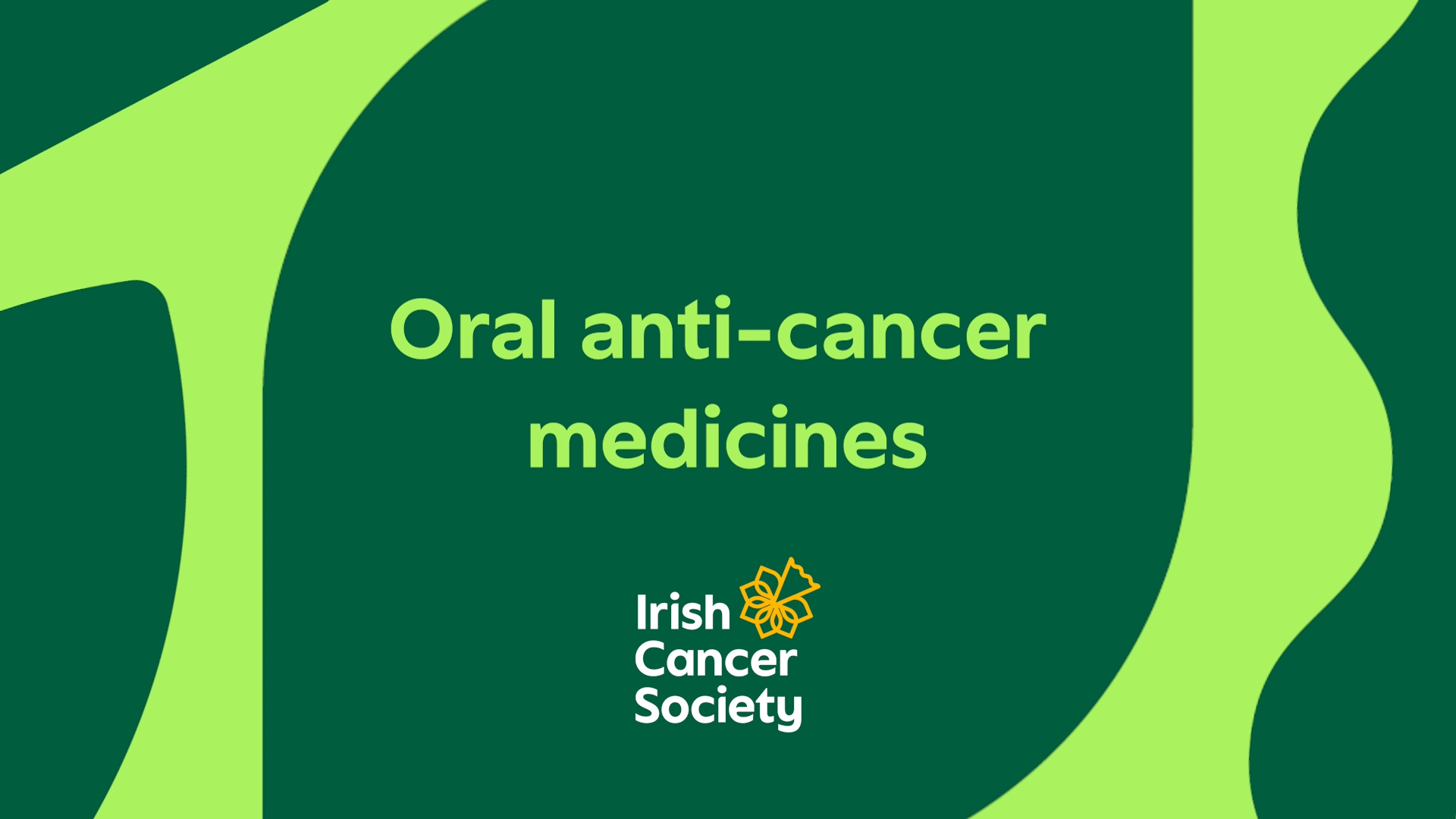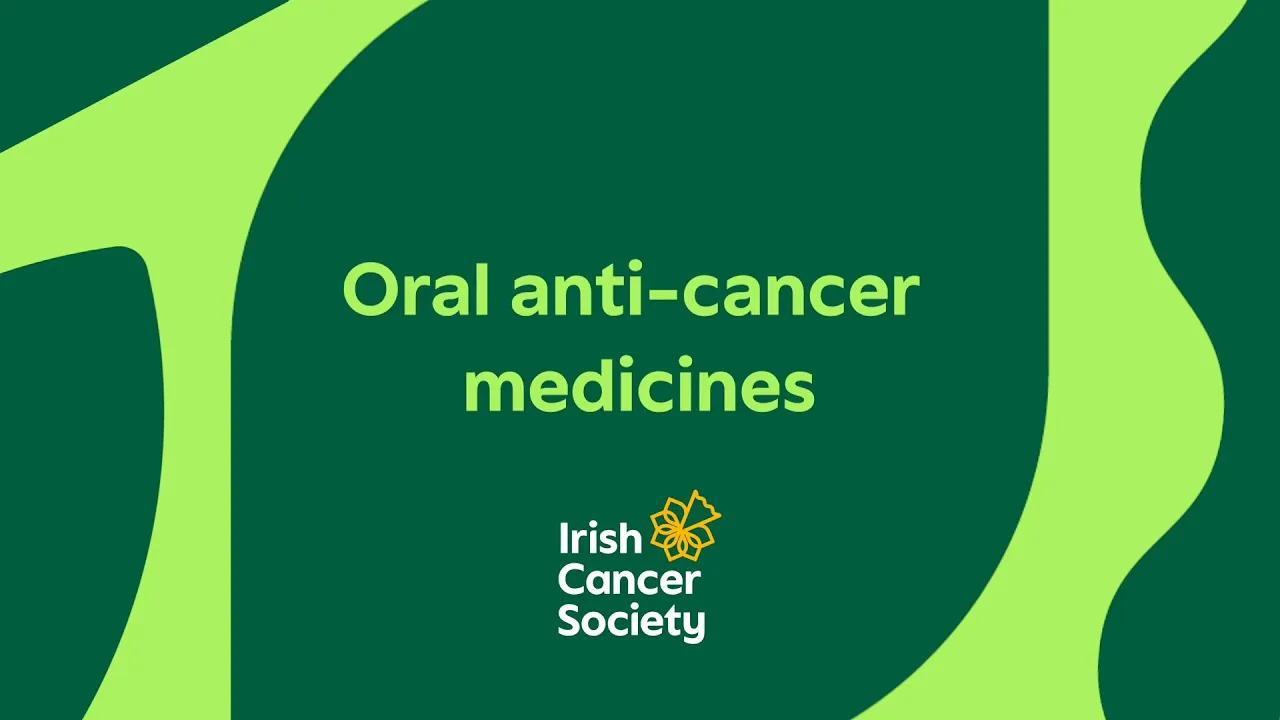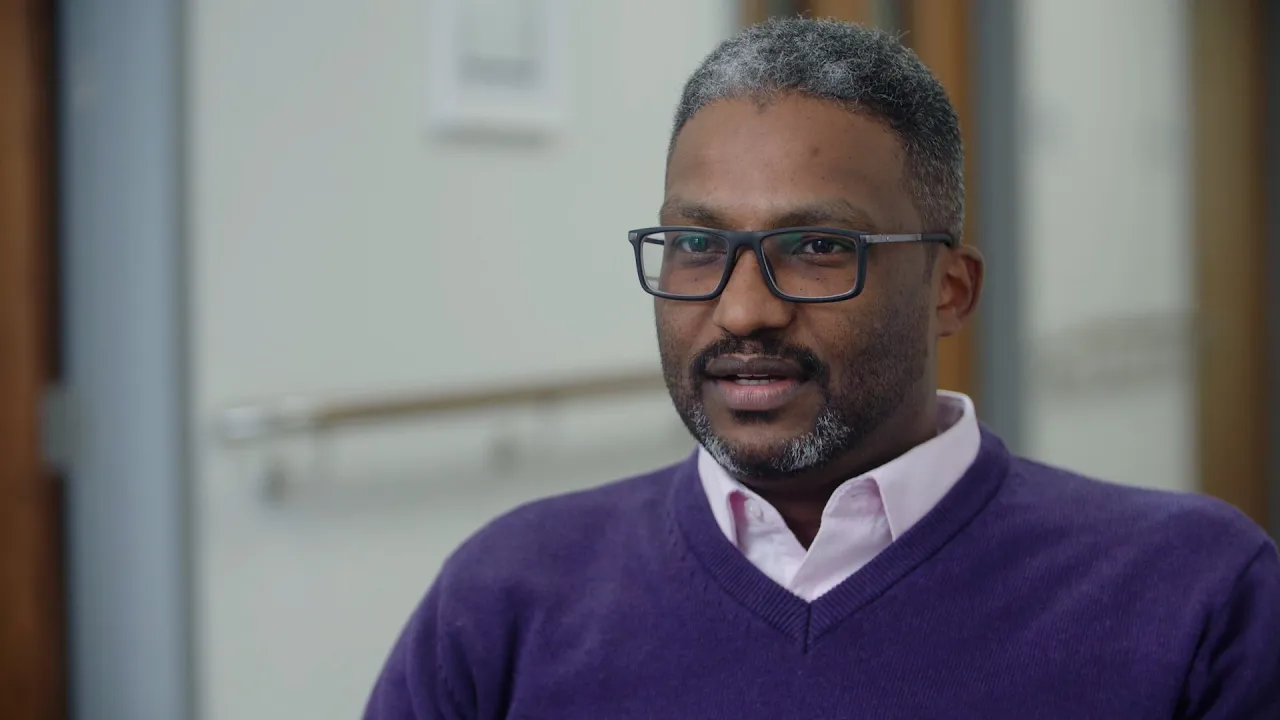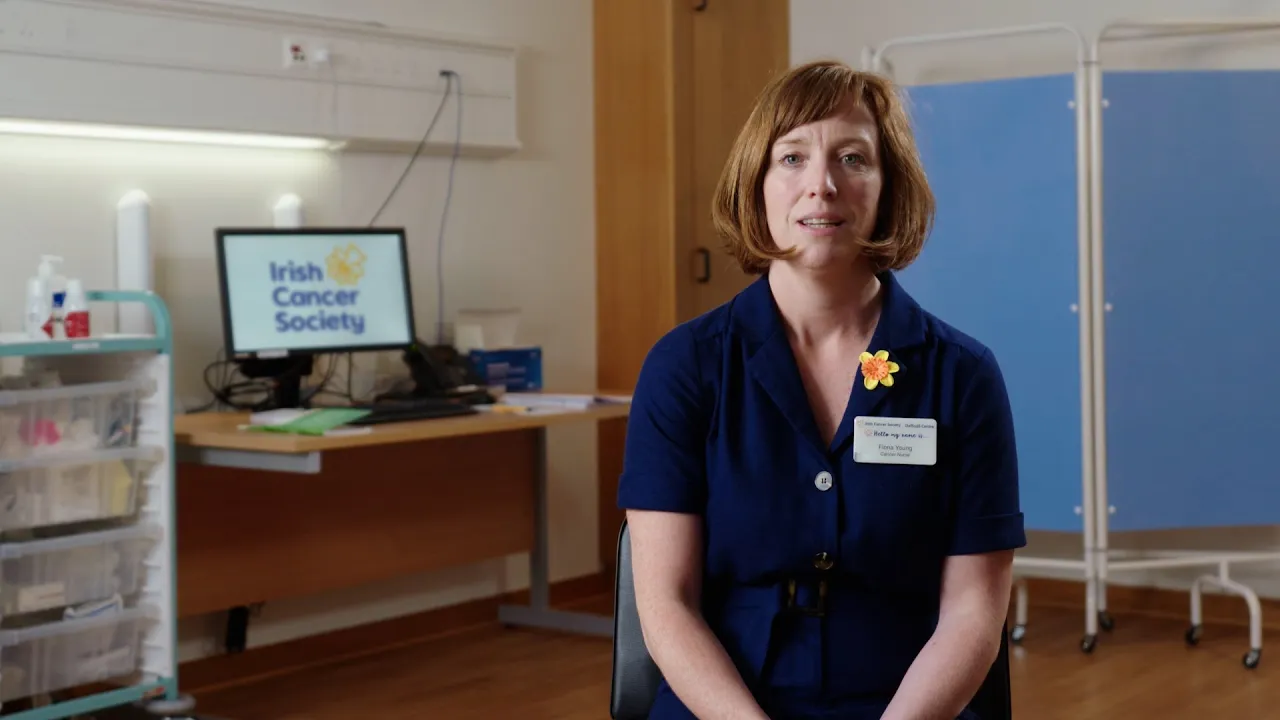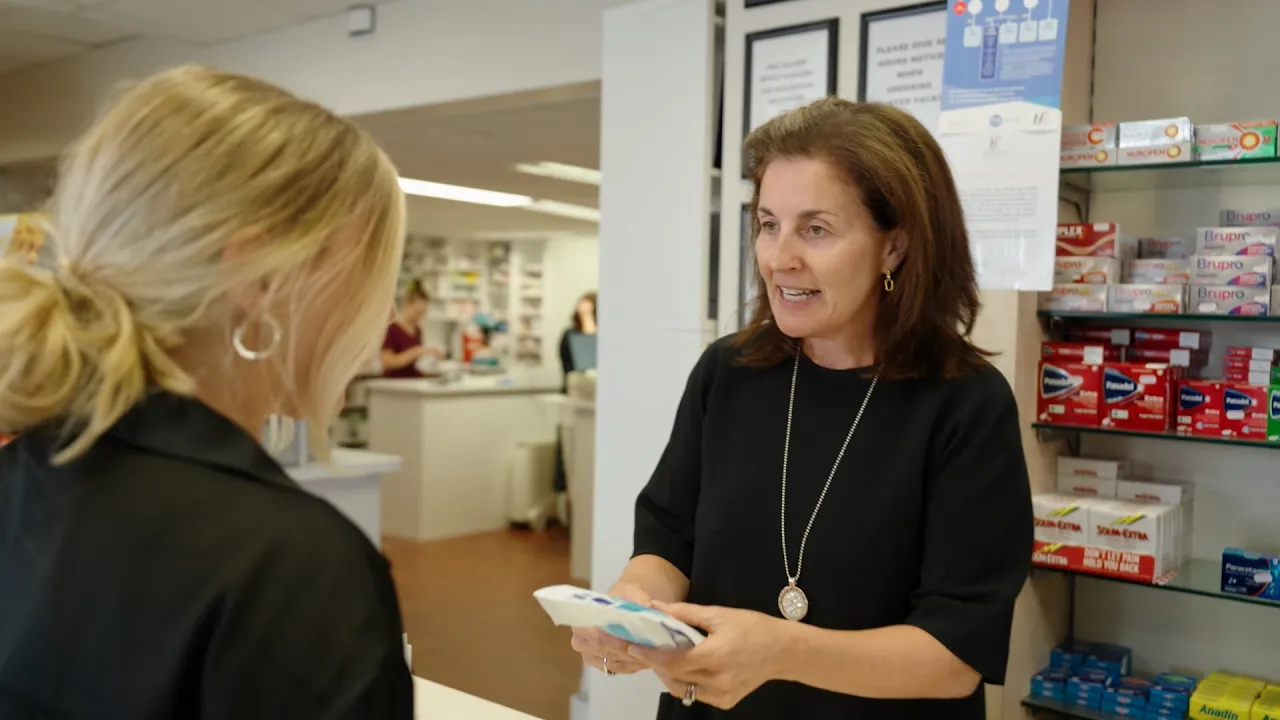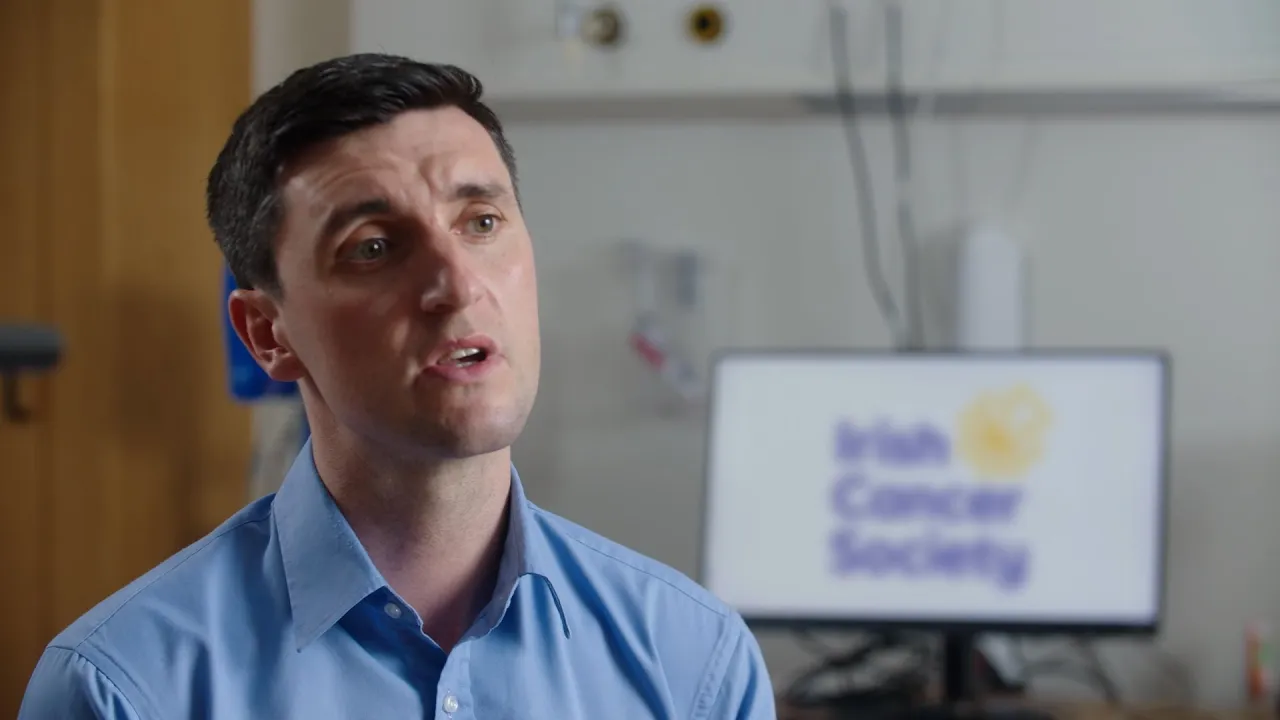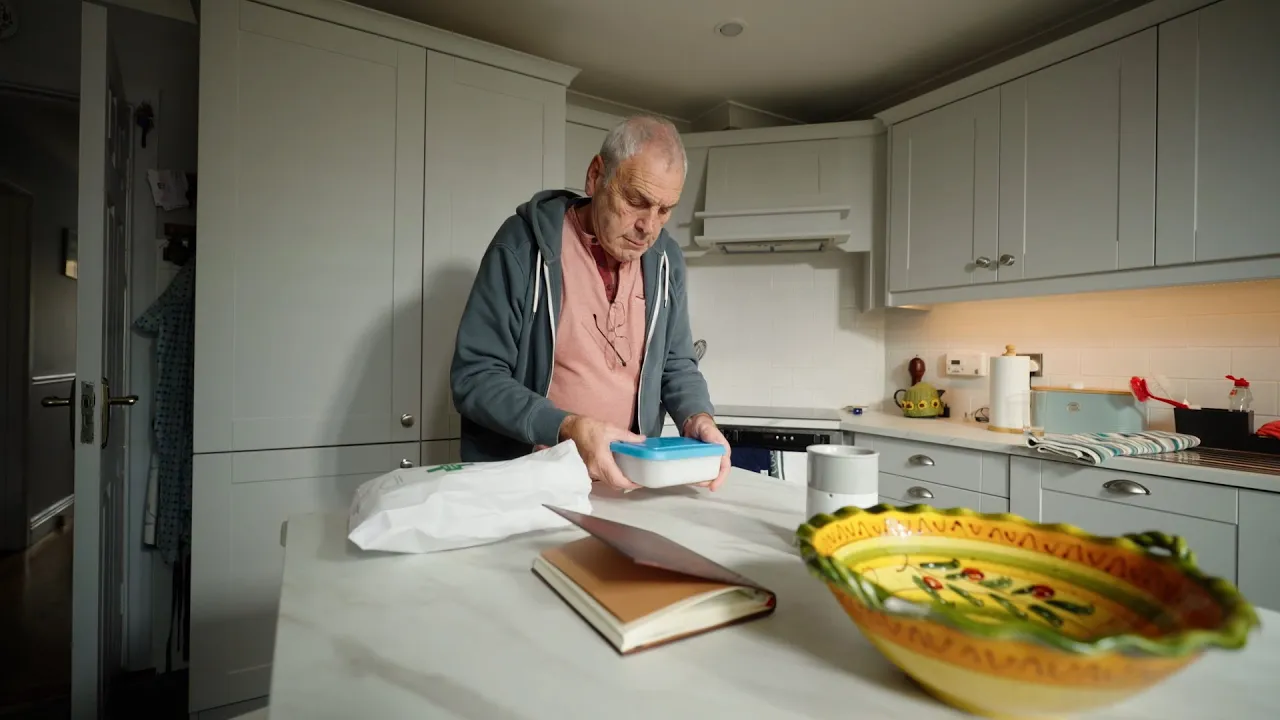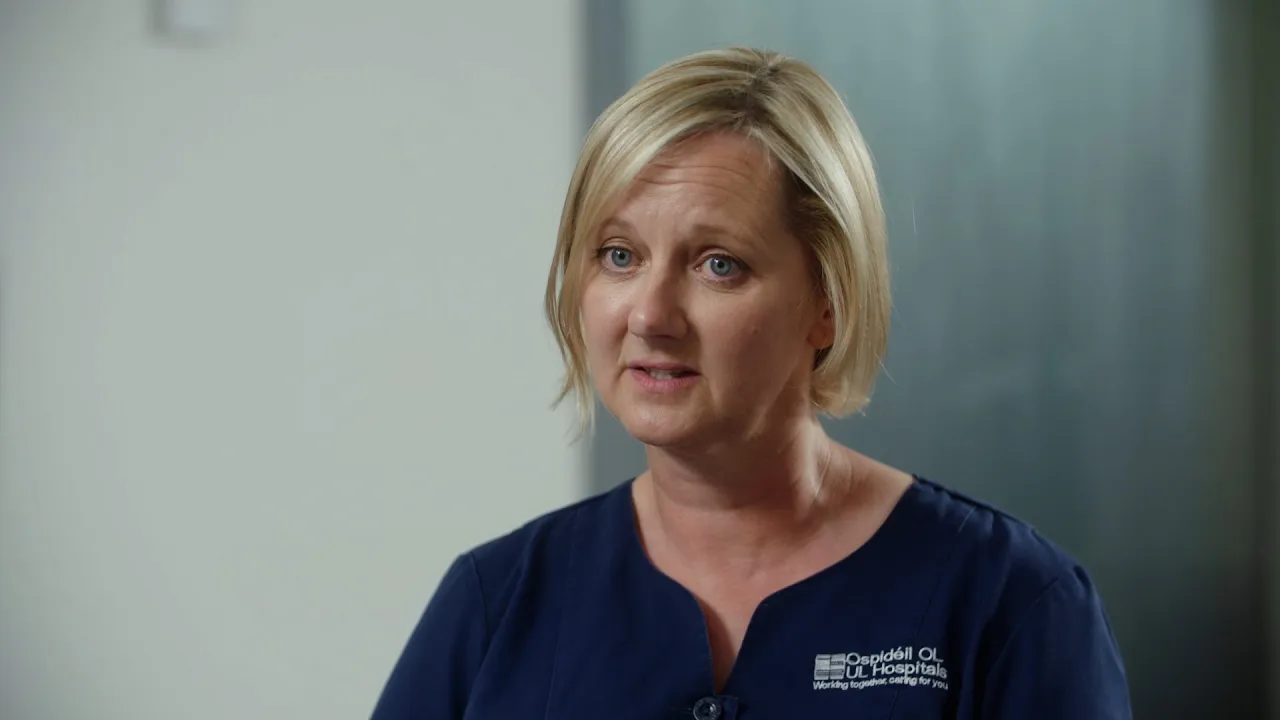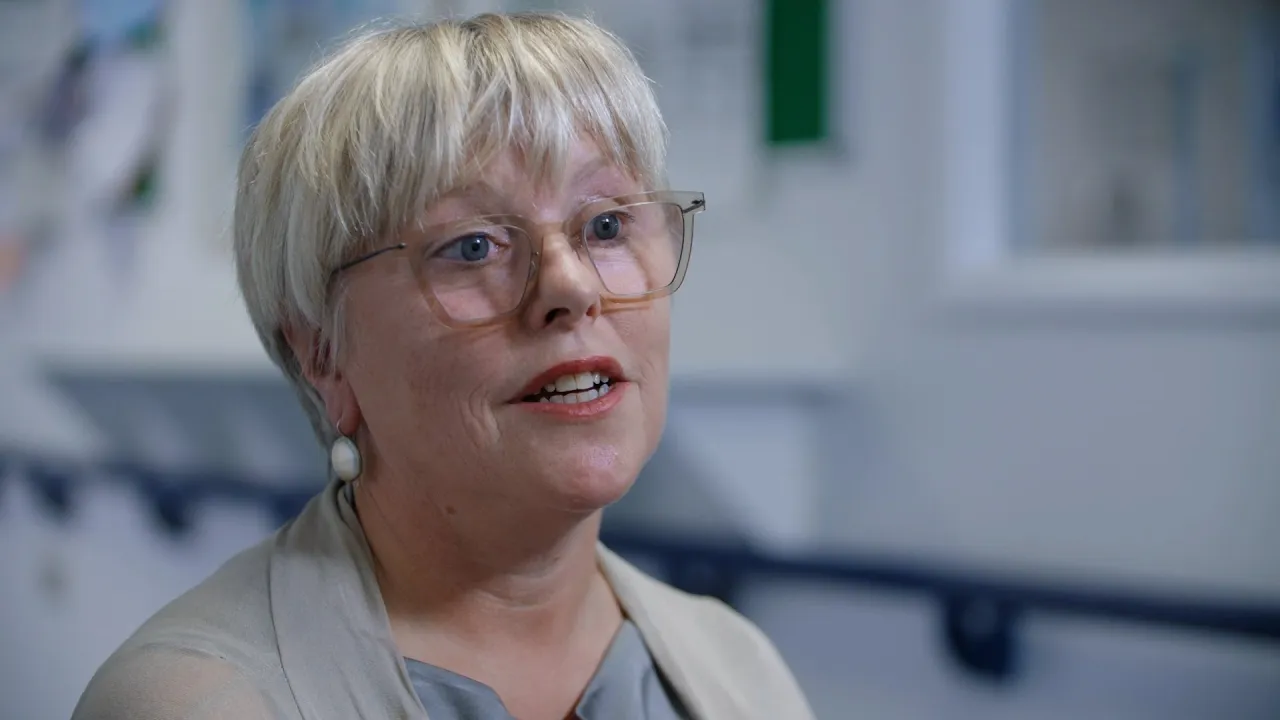Oral anti-cancer medicines 7: Side-effects
This video outlines the potential side-effects of OAMs as well as explains the importance of reporting side-effects and who to contact if you are feeling unwell.
0:03
A side-effect from a drug happens when a treatment causes a problem that is not the intended effect of the drug. Patients taking oral anti-cancer medication may experience side-effects.
0:14
Every person is different, every drug is different, and side-effects can vary depending on the individual, the disease, the health of the person, and the treatment type.
0:26
Side-effects can range from mild to severe, and they can happen at any time during your treatment. Every oral anti-cancer medicine has different side-effects. Your doctor and your specialist nurse will go through all the possible side-effects with you before you start your treatment.
0:42
Some of the possible side-effects include: low blood counts, causing tiredness, risk of bleeding, bruising and infection, sores in your mouth, hair thinning, skin changes, nausea and vomiting, weight changes, diarrhoea or bowel issues, fatigue or tiredness, changes affecting your sex life.
1:10
Family planning and the requirement for contraception is one area that should be discussed honestly with your team before you begin your treatment.
1:19
You will be asked also to look out for signs of infection at all times. These signs may include: feeling shivery and unwell or having a high temperature.
1:30
It is important that you check with your treatment team about the need for vaccines and your susceptibility to infection at various stages throughout your treatment, and in particular during winter or flu season.
1:48
The earlier you identify side-effects from your treatment and contact your team, the faster the side-effects can be resolved. It is important not to stop taking your medication. If you have side-effects talk to your nurse first.
2:01
Do not suffer alone at home, always contact the hospital to get advice on early management from your team. Keep a diary and note your side-effects.
2:14
All cancer services have a dedicated acute oncology nurse or a day ward contact who is available on the phone if you have any concerns or questions. You will be given these contact numbers as well as an out-of-hours hospital or ward contact number.
2:28
If you happen to need to go to the emergency department or attend another clinic, please carry your cancer treatment alert card. Carry this card with you at all times. If you are unwell, show it to the receptionist at your GP or emergency department and to any healthcare professional you meet, including ambulance staff.
2:48
This card will make sure you are seen immediately if needed.
Oral anti-cancer medicines playlist
